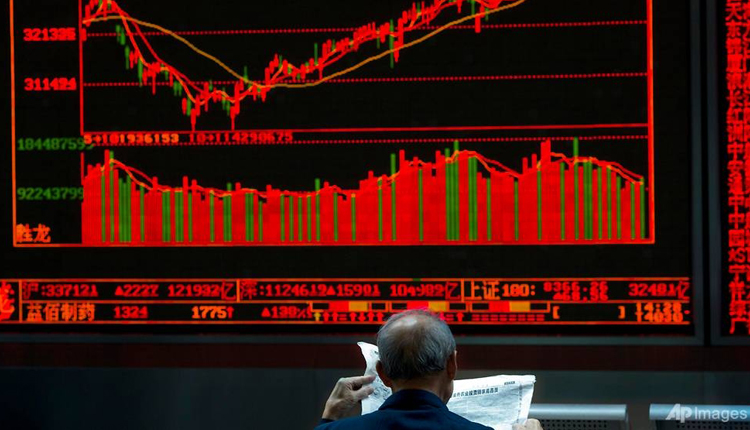Asian markets struggled for direction in Tuesday afternoon trade amid concerns over the state of U.S.-China trade negotiations as well as a recent escalation of violence in ongoing protests in Hong Kong.
Japan’s Nikkei 225 was 0.12 percent higher in afternoon trade while the Topix index declined 0.17 percent. Automaker Nissan Motor’s shares gained more than 0.1 percent ahead of the expected release of its quarterly earnings report on Tuesday.
Meanwhile, market movements in Hong Kong continue to be monitored, as the Hang Seng index rose fractionally with shares of Chinese tech giant Tencent gaining more than 1 percent.
The moves came after the Hang Seng index plunged more than 2.5 percent on Monday following an escalation in violence amid unrest in the embattled city. A protester was left in critical condition after being shot by police Monday morning local time. Separately, another man was also in critical condition after he was doused with what police described as “flammable liquid” and set on fire.
Mainland Chinese shares were lower by the afternoon as the Shenzhen component fell 0.91 percent and the Shenzhen composite declined 0.794 percent. The Shanghai composite was 0.44 percent lower.
The Kospi in South Korea was 0.11 percent higher while Australia’s S&P/ASX 200 traded 0.5 percent lower as shares of Westpac dropped around 4 percent.
Overall, the MSCI Asia ex-Japan index traded 0.08 percent higher.
Investors are looking for developments on U.S.-China trade, amid uncertainty over what has been agreed to between the two economic powerhouses. U.S. President Donald Trump said Friday he had not agreed to roll back tariffs on China.
That conflicted with comments from the Chinese commerce ministry, which said both sides had agreed to cancel existing levies in phases. A U.S. official also said both sides agreed to roll back the tariffs in tranches.
“Markets are reacting to every gyration in these sort of tweets and trade comments,” Mitul Kotecha, senior emerging markets strategist at TD Securities, told CNBC’s “Squawk Box” on Tuesday.
“The reality is, of course, that both sides do want a deal. It does seem like we’re heading towards at least a phase one deal and it’s sometime in December,” Kotecha said. “The question is, though, what really happens to tariffs in that phase one deal?”
Overnight on Wall Street, the Dow Jones Industrial Average eked out a record close, adding 10.25 points to 27,691.49. The S&P 500 ended its three-day winning streak, declining 0.2 percent to 3,087.01. The Nasdaq Composite shed 0.1 percent to close at 8,464.28.
Currencies and oil
The U.S. dollar index, which tracks the greenback against a basket of its peers, was last at 98.226 after seeing levels above 98.3 yesterday.
The Japanese yen, widely viewed as a safe-haven currency in times of market uncertainty and turmoil, traded at 109.14 after strengthening from levels around 109.2 yesterday. The Australian dollar changed hands at $0.6844 after slipping from levels around $0.686 in the previous session.
Oil prices declined in the morning of Asian trading hours, with international benchmark Brent crude futures just below the flatline to $62.16 per barrel and U.S. crude futures falling 0.12 percent to $56.79 per barrel.
Source: CNBC


